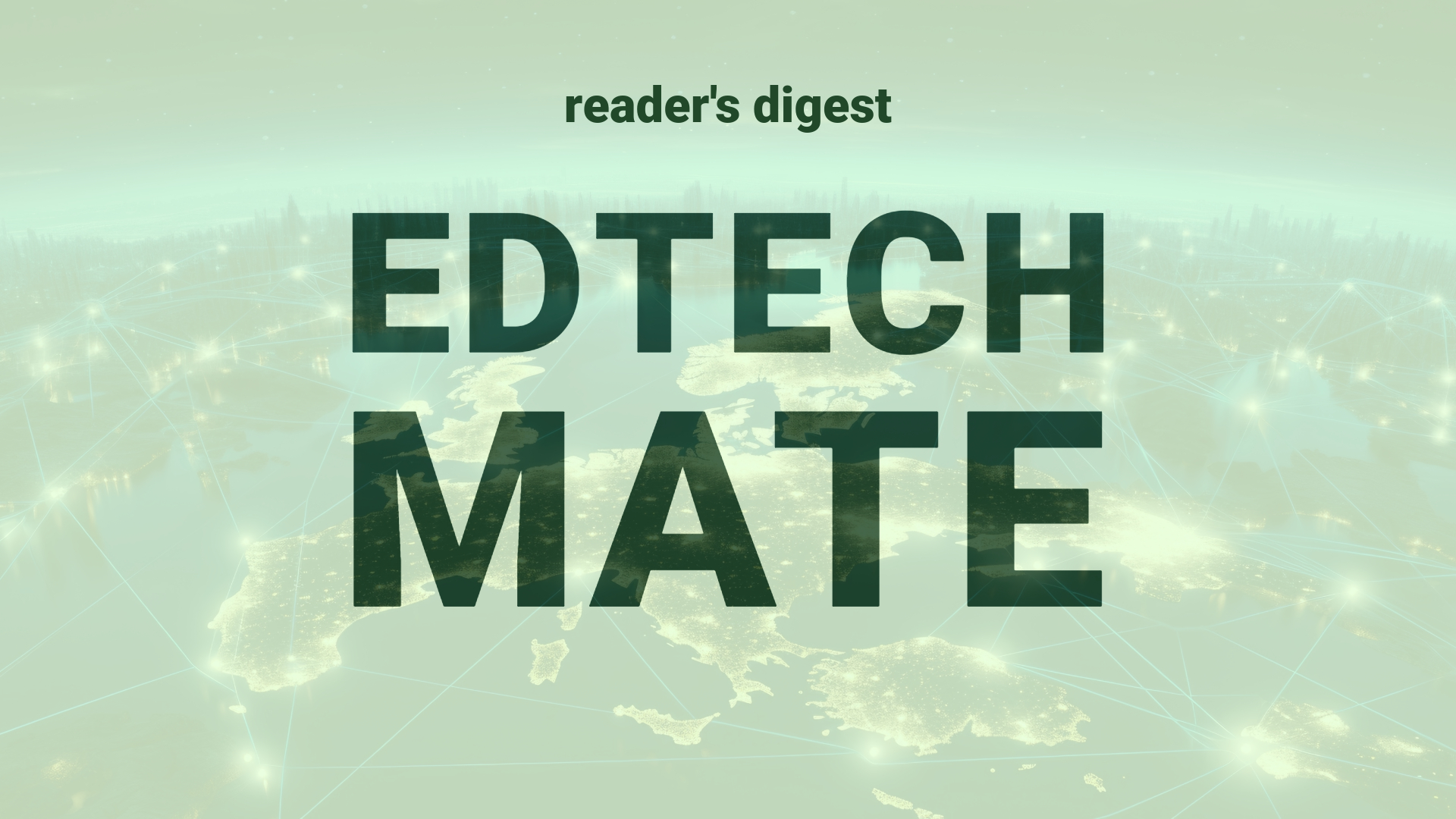Executive Summary and Main Points
Amazon, a leading e-commerce organization, has made a significant stride in its sustainability efforts by eliminating 95% of plastic air pillows used in its North American packaging. This eco-conscious initiative is part of a strategic move towards using 100% recycled content paper fillers, furthering the company’s commitment to reducing its environmental impact. Notably, this transition aligns with the increasing global higher education emphasis on digital transformation and operational sustainability, as educational institutions seek to integrate environmental stewardship into their curricula and campus operations.
Potential Impact in the Education Sector
The shift from traditional packaging solutions to sustainable alternatives presents a potential paradigm shift in the Further Education and Higher Education sectors. Institutions may be inspired to pursue similar environmentally-friendly practices, particularly in their operational and logistical undertakings. Furthermore, this development could enrich curricular content related to sustainable management and environmental science. Micro-credentials might also emerge to acknowledge competencies in sustainable packaging solutions and waste reduction, appealing to a digitally-conscious and environmentally-aware student body. Collaboration with companies like Amazon may provide strategic partnerships and learning opportunities for students.
Potential Applicability in the Education Sector
Innovative applications in the education sector could involve hands-on learning experiences where artificial intelligence and digital tools are employed to optimize sustainable packaging processes. Courses could utilize case studies of Amazon’s initiatives to teach about supply chain management, sustainability, and corporate social responsibility. Furthermore, global education systems may integrate these practical sustainability methods into campus operations, serving as living labs for students and faculty to engage in transformative, experiential learning.
Criticism and Potential Shortfalls
Critical evaluation of Amazon’s packaging reduction may consider the scalability and efficacy of such initiatives in diverse global contexts. Comparative international case studies could reveal variations in recycling infrastructure’s preparedness for this shift, highlighting disparities in environmental impact. Additionally, ethical and cultural implications regarding the labor involved in sourcing and processing recycled materials may present areas of concern that higher education must address through policy discussions and research.
Actionable Recommendations
For higher education leadership, actionable recommendations include developing curriculum content that integrates sustainable practices showcased by industry leaders like Amazon. Universities and colleges should also consider strategic partnerships with such companies to offer internships and capstone projects focused on environmental sustainability. Finally, campuses can act as role models by implementing similar waste-reduction initiatives and by fostering a culture of innovation and sustainability among the future workforce.
Source article: https://www.cnbc.com/2024/06/20/amazon-plastic-air-pillows-to-be-replaced-with-paper-filler.html

